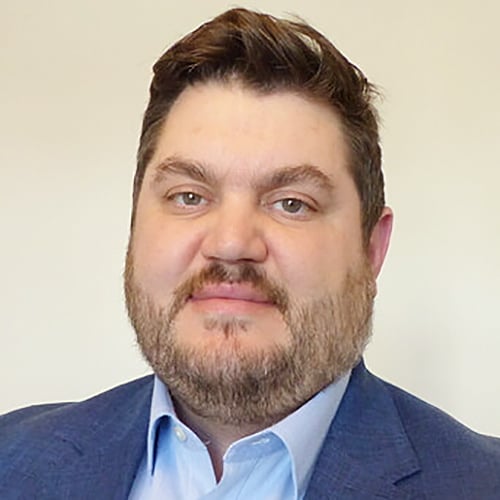A year following his appointment to become the 7th governor of the Bangko Sentral ng Plipinas (BSP), the Philippine central bank, Eli Remolona sat down with The Asset, In this exclusive interview, Remolona shares why he has become “very ambitious” having taken over a good central bank. “I want it to be even better”.
He intends to emphasize what he terms as a “research-driven monetary policy”. He talks about his intention to encourage the development of the Philippine capital market and come up with initiatives to manage systemic risk within the financial system.
On inflation, he says the country has been hit by “unusually large, and unusually frequent” supply shocks “more than most other economies”. As a result, Remolona believes that it was important to anticipate second-round effects in undertaking monetary policy. The central bank is developing tools to evaluate the risks of de-anchoring from its set inflation range of from 2% to 4%.
The strength of the US dollar and the weakening of emerging market currencies including the Philippine peso hark back to the period just before the Asian financial crisis in the 1990s. He recognizes that there are similarities. “High interest rates in the US were part of the reason for the Asian crisis. But we did learn from the Asian crisis.” And he explains when the central bank might intervene in the foreign exchange market.
On the development of the capital market, Remolona points to the working groups within the Bankers Association of the Philippines. While there is some progress, he admits they “are too slow for me”. He sees the BSP as playing a coordination role. “A market is like a horse race …[there are] disagreements on which horse will win. The more participants, the more diverse the views, the more liquidity there will be.”
On the country’s sizeable foreign exchange reserves, Remolona is of the view that it serves an important role. “Many of crises are not entirely [home grown]. There is contagion from other countries.”
Banks in the Philippines are in very good shape following international standards in his view. However, the BSP is looking closely at the standards as he believes the country needs a better framework for looking at systemic risks. “We are working on it and refining our framework; we have a strategy that will go on for five years.”
The other project underway, Remolona shares is the development of a taxonomy for sustainable finance for both climate change and financial inclusion. “We want to have targets for each activity [based on the taxonomy] and then we can compute prices. Trading can happen between the different activities in terms of what you might call carbon credits [although] it won’t be exactly carbon credits.”
The BSP continues to pursue its digital agenda especially in the area of payments. In particular, Remolona wants to push for small payments to be done for free. “We want the habit of paying digitally to be established. Most of the banks agree. We see digital payments as the pathway to financial inclusion.” The central bank also is starting to examine GenAI. “The banks will be using it and we are looking at different GenAI programmes. It’s exciting.”









